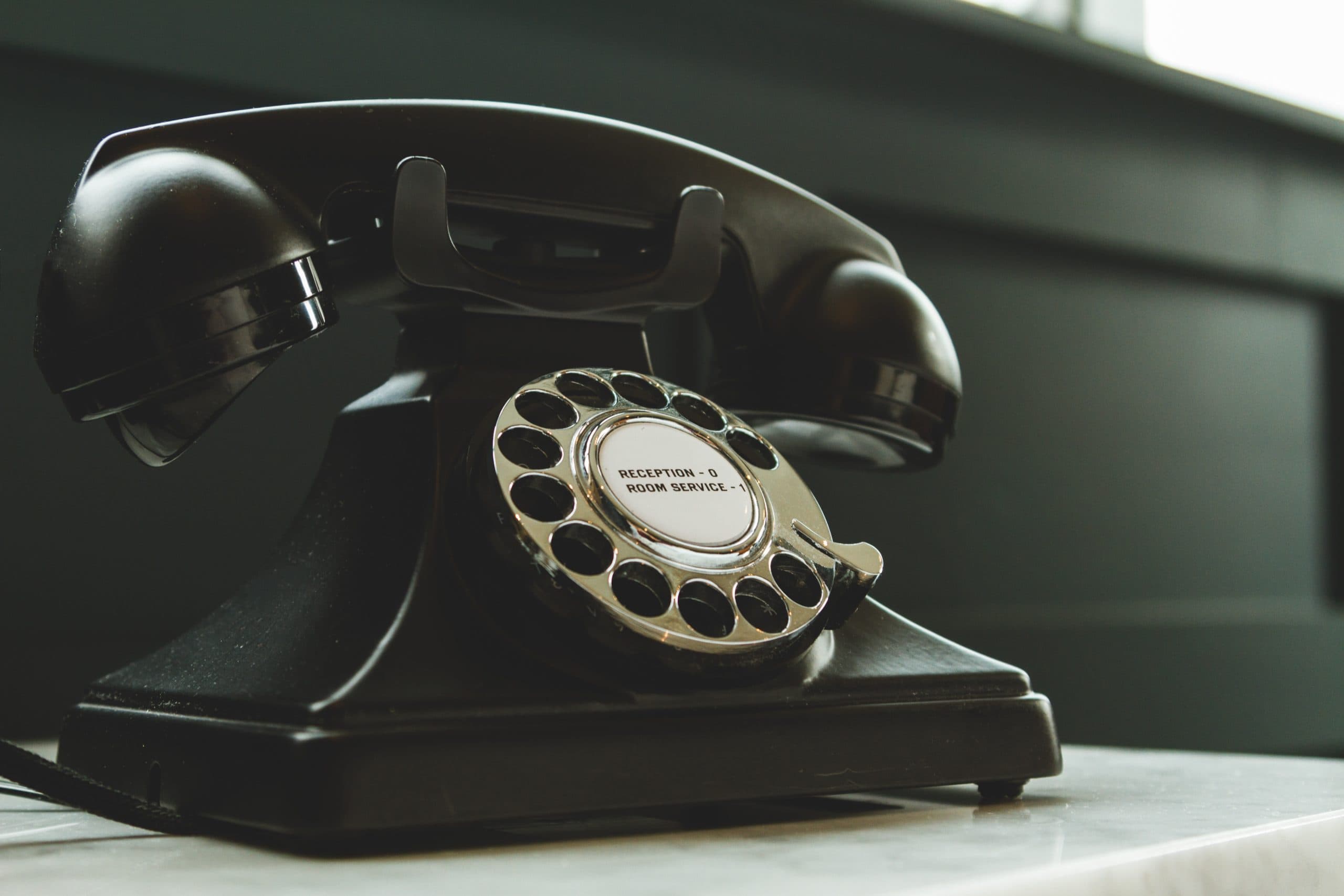Brickman v. United States
On February 12, 2016, Mr. Colin Brickman filed a class action lawsuit against Meta Platforms, Inc. (“Meta”), alleging that Meta violated the TCPA “autodialer” provision by sending unsolicited “Birthday Announcement” text messages.
Brickman alleged that the subject texts violated the TCPA by using a random or sequential number generator to store and dial telephone numbers. Further, Brickman argued that the equipment in question determined the order in which the numbers were stored and dialed, and, thus, was an autodialer for purposes of the TCPA.
Meta argued that there was no violation of the TCPA because Plaintiff failed to allege that the equipment in question actually generated telephone numbers.
The Northern District of California denied Plaintiff’s motion for leave to file a Second Amended Complaint and entered judgment in favor of Meta.
The TCPA Autodialer Trend Continues
On appeal, the question addressed by the Ninth Circuit was whether to be deemed a TCPA autodialer, equipment must use a random or sequential number generator to generate the telephone numbers dialed in a given marketing campaign. Finding in the affirmative, the Ninth Circuit upheld the District Court’s decision, making clear that it was bound by its earlier decision in Borden v. eFinancial. As readers of this blog know, Borden held that “an [autodialer] must generate and dial random or sequential telephone numbers under the TCPA’s plain text.”
In its appeal, Plaintiff argued that Borden was not binding precedent because it only addressed the “production” prong, not the “storage” prong of the autodialer definition. In rejecting this argument, the Ninth Circuit reaffirmed that Borden clearly “interpreted the definition of an autodialer in its entirety” and was, therefore, controlling precedent.
What Now?
The Brickman decision represents yet another post-Facebook victory for the telemarketing industry. Other district courts have issued opinions consistent with Brickman, and it is expected that similar decisions will be handed down on the appellate level in the coming year.
While a clear trend has emerged that dialing from (and texting to) pre-generated lists of telephone numbers is complaint with the TCPA’s autodialer definition, courts across the country continue to interpret and apply the Facebook holding of 2021.
The attorneys at Klein Moynihan Turco have years of experience focusing on all things telemarketing. Having experienced TCPA attorneys as part of your team can help your business stay up to date with telemarketing laws so that you can avoid potential TCPA liability.
If you need assistance with updating your telemarketing practices or defending against a TCPA lawsuit, email us at info@kleinmoynihan.com or call us at (212) 246-0900.
The material contained herein is provided for informational purposes only and is not legal advice nor is it a substitute for seeking legal advice from an attorney. Each situation is unique, and you should not act or rely on any information contained herein without seeking the advice of an experienced attorney.
Attorney Advertising
Related Blogs:
Court Clarifies What a TCPA Number Generator Is
TCPA Footnote 7 Cannot Save Autodialer Claims
Facebook Aftermath: Courts Clarify Definition of TCPA Autodialer




